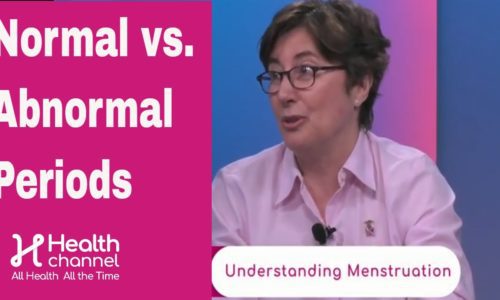Maternity Care: Healthy Placenta |
Maternal age, premature rupture of the membranes, high blood pressure, and blood-clotting disorders can affect the health of the placenta. Dr. Robert Feldman, Chief and Medical Director of Obstetrics and Gynecology with Baptist Health South Florida, explains them and talks about the formation of the placenta.
Transcript
And there’s so much to learn about the Placentia we have a graphic here of some factors that can affect the health of the placenta dr. Feldman will you walk us through these starting with maternal age so with maternal age what happens is the micro capillary system or the micro vascular system of the of the woman and of the placenta begins to decrease as a result you end up having decreased blood supply to the placenta and as the placenta ages there’s less blood supply to the baby and this can cause decrease in the size of the baby this can cause fetal stress and sometimes can even result in premature delivery because of placental insufficiency let me ask you when you start monitoring the baby as the fetus grows it’s a placenta it’s checked at all times from the beginning of conception so and the placenta actually does not form till about 10 or 11 weeks so in the first eight weeks there’s not a placenta present after eleven weeks the placenta begins to grow and actually as we’ll talk later about a third of pregnancies have the placenta covering the cervical loss or placenta previa early in pregnancy but as the pregnancy content continues to grow the placenta will move superiorly will move towards the top of the uterus because as the uterus grows it pulls the placenta up with it you.








